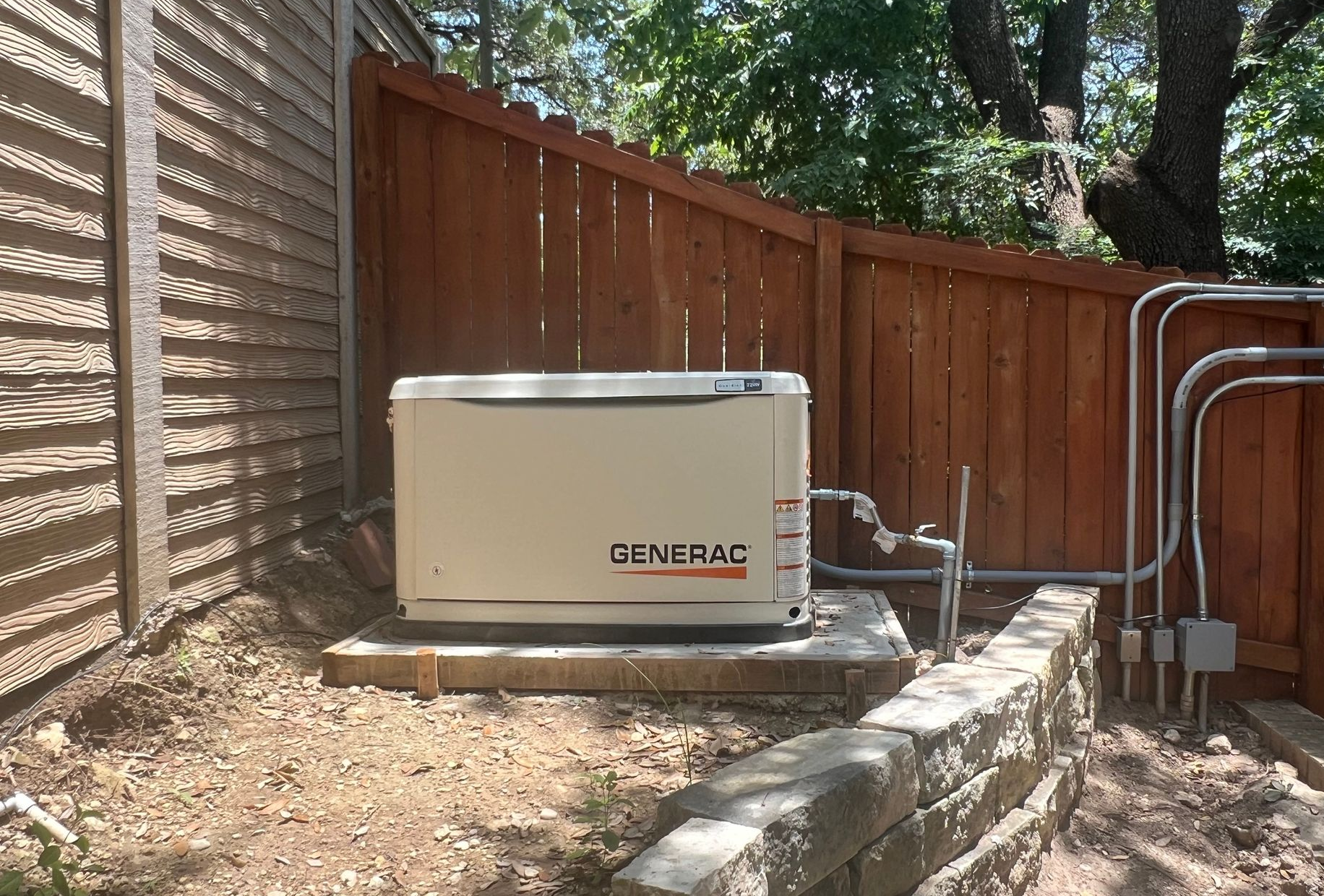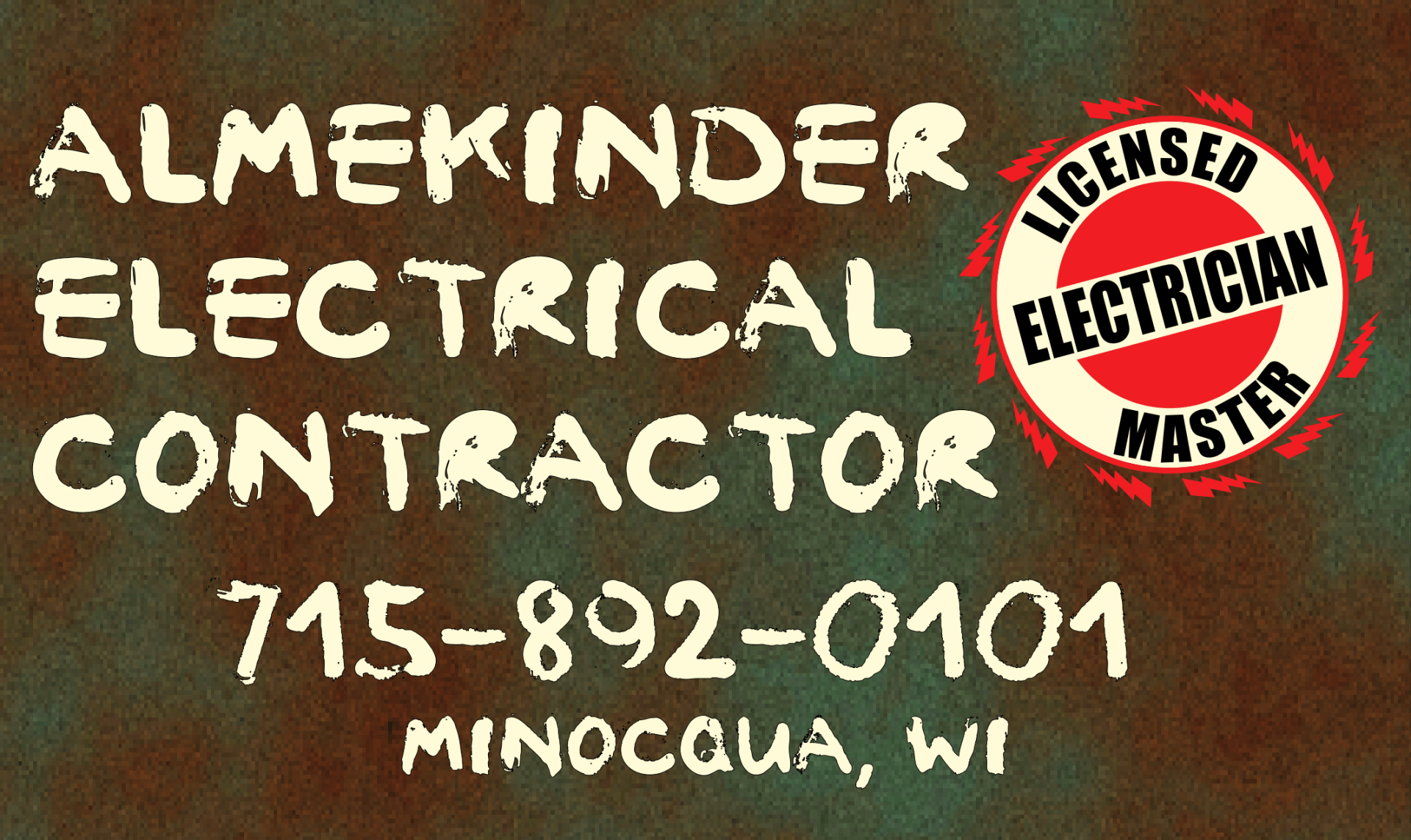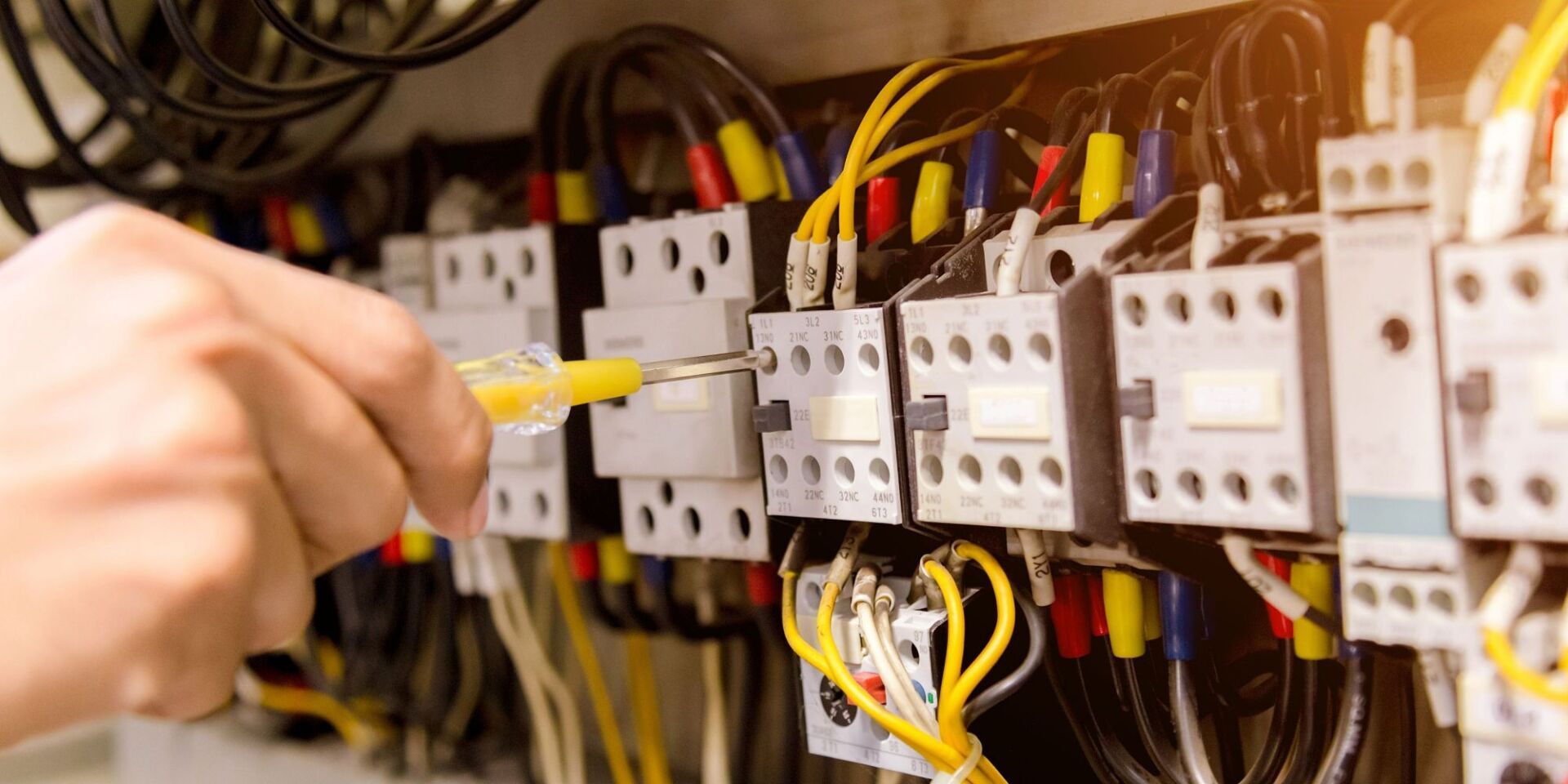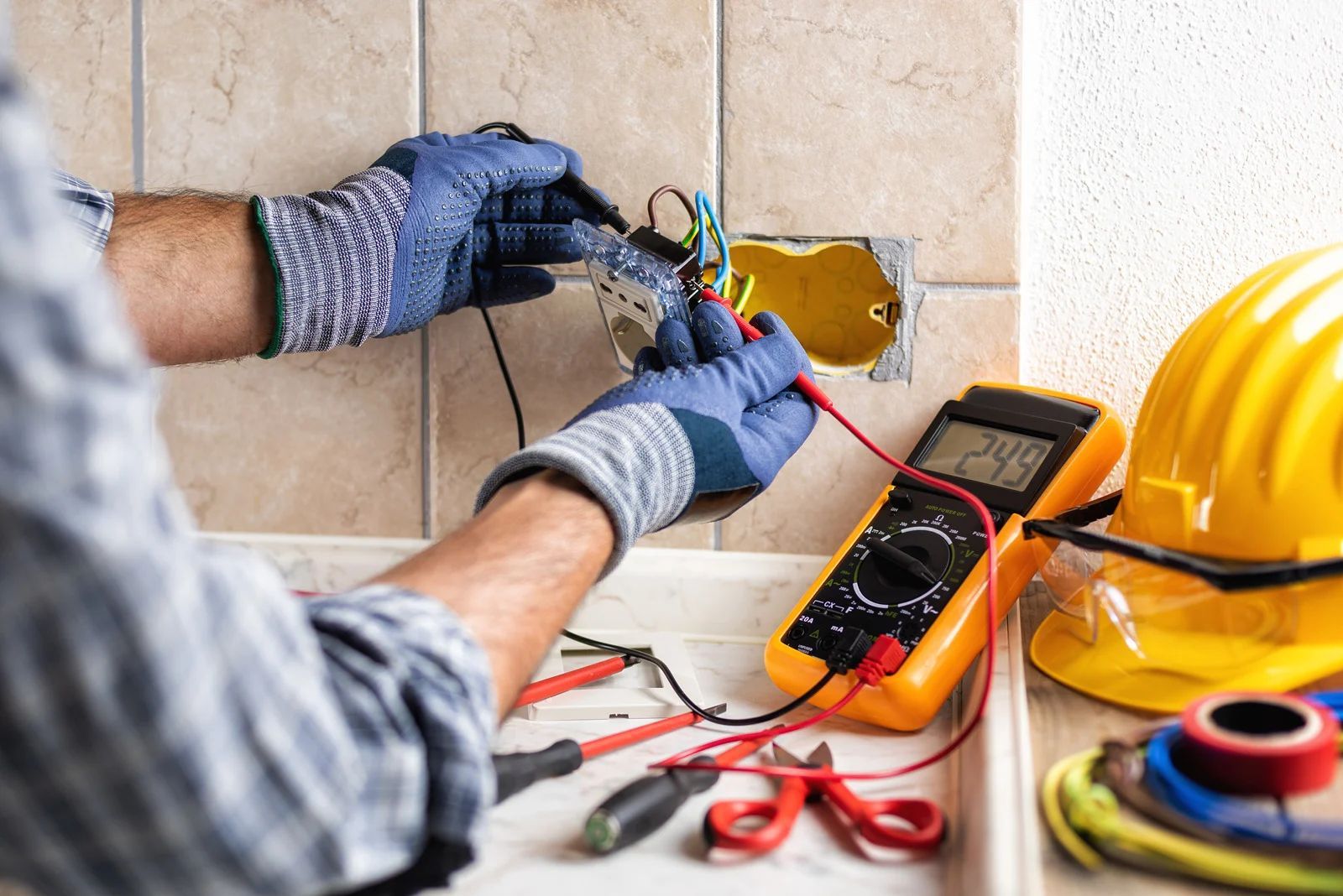The Basics of Residential Wiring: What Every Homeowner in Minocqua Should Know
Residential wiring is the lifeline of every home, powering appliances, lighting, and essential systems that make daily living comfortable and safe. While most homeowners don’t need to be experts in electrical work, understanding the basics of residential wiring is crucial. From safety considerations to recognizing common wiring types, a little knowledge can help you maintain your home, spot potential problems early, and communicate effectively with professional electricians. In this blog, we’ll explore the fundamentals every homeowner in Minocqua should know about residential wiring.
Understanding Residential Wiring Systems
Residential wiring is the network of cables, outlets, switches, and panels that distribute electricity throughout a home. At the heart of the system is the main service panel, which houses circuit breakers that control and protect individual circuits. Each circuit carries electricity to specific areas or appliances in the home, ensuring power is delivered efficiently and safely. Knowing where your main panel is and how to safely reset a tripped breaker is one of the most basic yet essential homeowner responsibilities.
Common Wiring Types in Homes
Modern homes typically use non-metallic (NM) cable, commonly known by the trade name “Romex.” This type of wiring is safe, cost-effective, and easy for electricians to install. Older homes in Minocqua, however, may still contain knob-and-tube wiring or aluminum wiring, both of which can pose safety risks if not maintained properly. If your home has older wiring, it’s wise to have it inspected to ensure it meets current safety standards.
Electrical Safety Basics
Safety should always be the top priority when dealing with wiring. Homeowners should never attempt complex wiring projects without professional help. However, basic precautions—such as never overloading outlets, using grounded three-prong plugs, and ensuring extension cords are temporary solutions only—can significantly reduce risks. Installing Ground Fault Circuit Interrupter (GFCI) outlets in kitchens, bathrooms, and outdoor areas is another essential safety step, as these devices protect against electrical shocks in moisture-prone environments.
Signs of Wiring Problems
Recognizing early warning signs of electrical issues can prevent dangerous situations. Flickering lights, frequent breaker trips, buzzing sounds, or burning odors near outlets are all signs that your wiring may need attention. Outdated wiring systems often lack the capacity to support today’s power-hungry devices, making upgrades necessary not only for safety but also for convenience. Scheduling regular inspections by licensed electricians ensures that your home’s wiring remains up to code and reliable.
Energy Efficiency and Modern Upgrades
Beyond safety, modern wiring upgrades can also improve your home’s energy efficiency. Smart home systems, energy-efficient lighting, and updated electrical panels all rely on proper wiring. Investing in these upgrades can lower energy costs, increase your home’s value, and provide greater convenience for your family.
Powering Your Home with Confidence
A solid understanding of residential wiring helps homeowners make informed decisions about maintenance, safety, and upgrades. While DIY knowledge is valuable, electrical work is best left to licensed professionals who have the training and expertise to ensure safety and compliance with codes. For residents in Minocqua, Wisconsin, Almekinder Electrical Contractor is the trusted name with over 40 years of experience in electrical services. Whether you need an inspection, repair, or complete wiring upgrade, our team is committed to keeping your home safe, efficient, and powered for the future.




